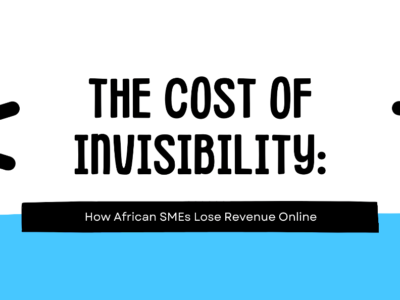A new Juniper Research study found that global digital advertising spend will increase from $407 billion in 2022 to $753 billion in 2026; representing growth of 85%. The report found that mobile in-app revenue will account for 56% of global spend by 2026.
The new research, Digital Advertising: Emerging Trends, Key Opportunities & Market Forecasts 2022-2026, found that whilst privacy changes from Apple and Google are restricting the potential for effective ad attribution, there are still major opportunities. The availability of the SKAdNetwork on iOS, for example, is a major opportunity for advertisers to access aggregated data; allowing them to target areas primed for growth, such as child-safe applications.
For more insights, download our free whitepaper: Digital Advertising ~ What’s Next for Mobile Attribution?
Privacy Concerns Must Be Addressed to Ensure Accurate Attribution
The report predicts that total mobile in-app advertising spend will increase from $201 billion in 2022 to $425 billion in 2026, as brands strive to secure consumer trust. It urges enterprises to clearly outline their data collection, storage, and usage policies, in order to optimise opt-ins.
RELATED Digital Content Platform, Alewa House, Adds New Artists For Global Export
Research author Scarlett Woodford remarked: “With recent data collection policy changes by technology giants creating further challenges for mobile attribution, enterprises must adopt a code of best practice to maximise return on advertising spend and support probabilistic attribution models.”
PC Advertising Growth to Slow Amidst Mobile-first Economy
The report anticipates that desktop advertising spend will increase from $97 billion in 2022 to $142 billion in 2026, despite a diversion of spend towards handheld devices and the implementation of data protection regulation impacting cookie policies.
The research identified video as a key channel for advertisers, with video ad spend expected to grow by 63% over the next four years, as the success of popular distribution channels, such as TikTok and YouTube Shorts, continues to drive demand for video advertising and justify premium charges. Therefore, the research urges marketers to ensure that video ads are optimised for smartphone and tablet consumption, in order to maximise return on investment.
IMAGE: Industry Today






























